Blackberry Psyllid Damage
RedSun (Zone 6, NJ)
9 years ago
Related Stories

GARDENING GUIDESHow to Keep Your Citrus Trees Well Fed and Healthy
Ripe for some citrus fertilizer know-how? This mini guide will help your lemon, orange and grapefruit trees flourish
Full Story
GARDENING GUIDESHow to Switch to an Organic Landscape Plan
Ditch the chemicals for a naturally beautiful lawn and garden, using living fertilizers and other nontoxic treatments
Full Story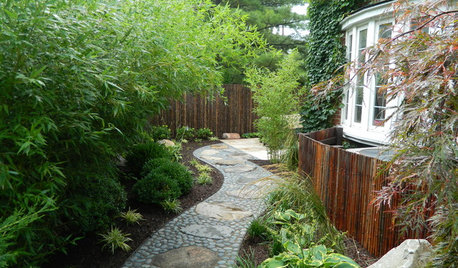
GARDENING AND LANDSCAPINGGrow a Lush Privacy Screen
No need to wait forever for patio privacy the green way. These 10 ideas will get your screening up and running in no time
Full Story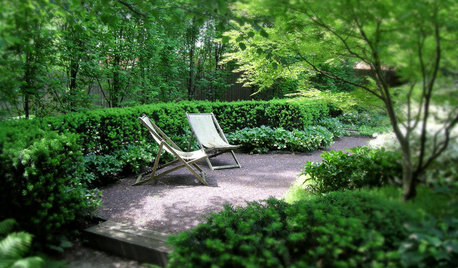
LANDSCAPE DESIGNDream Spaces: 10 Secluded Garden Nooks
Sometimes dreaminess is a single bench or a romantic table for 2 tucked amid greenery. See for yourself
Full Story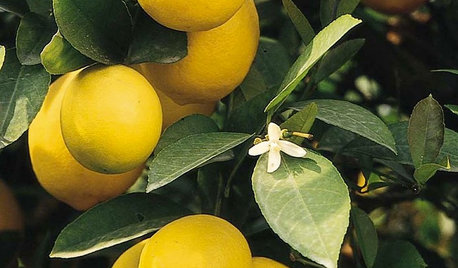
CALIFORNIA GARDENINGCalifornia Gardener's February Checklist
Celebrate 5 California classics: plants that defy winter with bright flowers, luscious fragrance and, for some, delicious taste
Full Story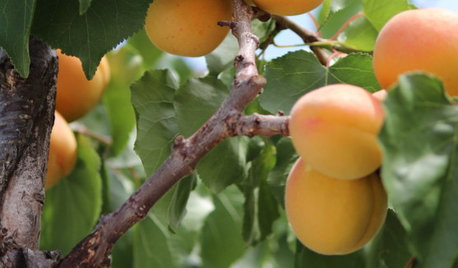
FARM YOUR YARDIf You Have Room for Only One Fruit Tree ...
Juice up a small garden with one of these easier-care or worth-the-effort fruit trees for a mild climate
Full Story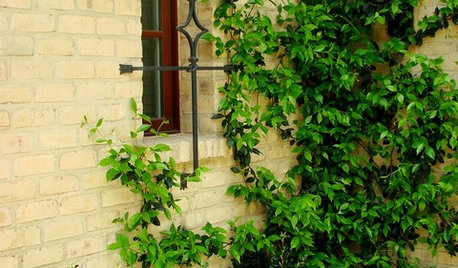
LIFEHow Your Landscaping Can Keep Burglars Away
Prevent home break-ins with strategic landscaping and good practices instead of menacing — and maybe less effective — measures
Full Story
FALL GARDENING7 Reasons Not to Clean Up Your Fall Garden
Before you pluck and rake, consider wildlife, the health of your plants and your own right to relax
Full Story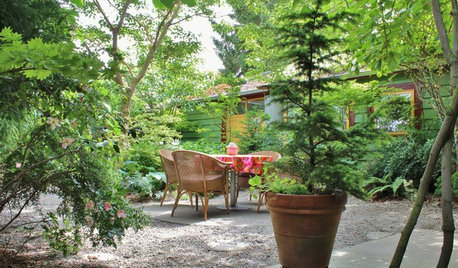
INSPIRING GARDENSFrom Concrete Lot to Gracious Organic Garden in Seattle
Plants, pests and even weeds have a place in this landscape, which offers an edible bounty and a feast for the eyes
Full Story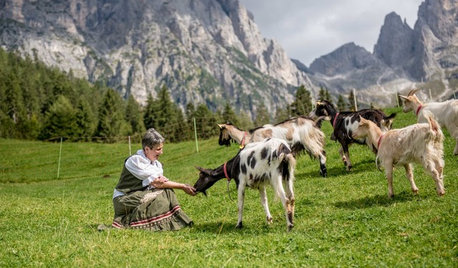
FARMHOUSESWorld of Design: See How 9 Families Live and Farm on Their Land
Join us as we visit the homes and farms of passionate food producers and hear about rural life around the globe
Full StoryMore Discussions






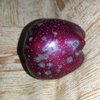
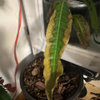
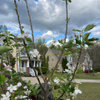
drew51 SE MI Z5b/6a
drew51 SE MI Z5b/6a
Related Professionals
Derry Landscape Architects & Landscape Designers · La Marque Landscape Architects & Landscape Designers · Leawood Landscape Architects & Landscape Designers · Marco Island Landscape Architects & Landscape Designers · Norton Shores Landscape Architects & Landscape Designers · West Chester Landscape Architects & Landscape Designers · Beachwood Landscape Contractors · Camp Verde Landscape Contractors · Matteson Landscape Contractors · Mount Kisco Landscape Contractors · North Chicago Landscape Contractors · Seminole Landscape Contractors · White Bear Lake Landscape Contractors · Wilton Landscape Contractors · San Pablo Landscape ContractorsRedSun (Zone 6, NJ)Original Author
drew51 SE MI Z5b/6a
RedSun (Zone 6, NJ)Original Author
drew51 SE MI Z5b/6a
RedSun (Zone 6, NJ)Original Author